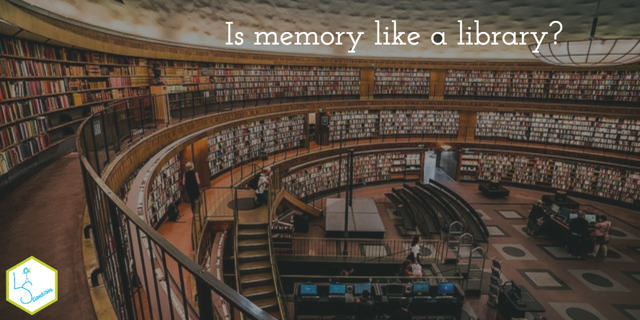A crucial aspect of learning is to know when you can stop studying a specific topic and move to the next or when to wrap-up studying altogether. A straightforward strategy would be to stop when you think you have mastered the topic. For this strategy to be successful, ...
All in Learning Scientists Posts
Studying with Distractions
We have previously written about studying while listening to music. As a brief reminder, it depends on the task and your personality whether background music will help, hinder, or not make a difference while studying. In this piece, we are again talking ...
Cognitive Psychology and Education: Your Questions Answered (Volume 3)
A few months ago, we published a piece in which we answered 5 reader questions, and then a follow-up with 5 more questions answered. Here, we continue the series with 5 further questions.
Q1: Is there any real magic to the “rule of 3”? ...
How Much Guidance Should We Give Our Students?
Researchers and education scholars have been debating about the answer to this question for decades (1, 2). Some have suggested that novice learners should receive direct instruction. In other words, to learn best they need guidance, and instructors should ...
Are Our Memories Like Libraries?
Early on, before cognitive psychologists started researching the processes involved, memory was often described with a “library” analogy. This is the idea that memories are put down in our minds as though they were written down in books, and stored away ...
All Learning is Brain Learning
One of the frequent gimmicks supplied to educators is that a product enhances “brain learning” or something of that sort. Well, folks, we’re here to tell you that all learning takes place in the brain. (And so these are marketing ploys.) In today’s blog, I ...






